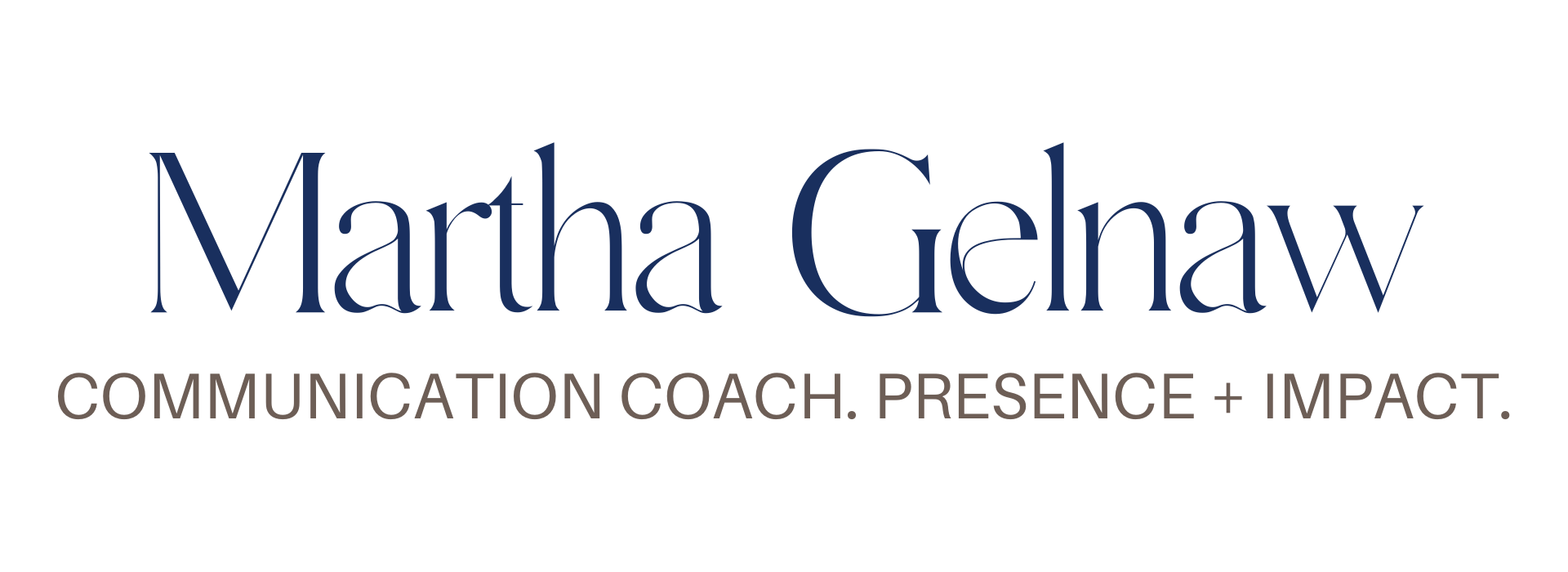I had the distinct pleasure of being invited to a workshop at a preeminent downtown theater in New York City. The Critical Response feedback process by Liz Lerman was being taught by none other than Liz Lerman herself.
I had heard of this process through playwriting program that I had participated in at the Workshop years ago, though we hadn’t learned how to use it. Because my work as a coach is to offer non-judgmental feedback, I am keen to better understand this process.
When I arrived to the session, I was greeted by Liz herself. What a force she is giving such a warm welcome and a real interest in what I’d hope to take from the lesson. When we introduce ourselves around the circle of fourteen people, I learn that the other participants are actors, playwrights, professors who are well-versed in the Critical Response process – real practitioners.
At my turn, I offered that I am new to the process and that I am here to learn to become a practitioner. It felt good to say the truth. I did not feel intimidated.
When paired with a well-credentialed and skilled person in an exercise: I said, “Help me. I am new to this. I’d like to understand better.” She was only too glad to show me. I felt good about my admitting I don’t know.
One participant was the person to help us role-play the steps. He gave a reading of two monologues from a play he wrote. I was astounded. Speechless. His writing and telling was unmatched. I felt very emotional about this story as it was about social injustices that live within his culture. It was devastating to hear.
His reading of this was expressive and dramatic. I got this “hit” – as I often do – that said, “What if he were to try to read this straight?” It might be an interesting iteration.
After he concluded, we practiced with steps:
Statements of meaning and then stages of inquiry. I found it difficult to participate as I was still in the process of comprehending. I listened and watched instead. I couldn’t quite figure out where my inquiry fit in yet.
The process is magical as it holds any work sacred. It would never destroy the presenter’s work. The use of inquiry is what makes it magic. After we concluded, I went up to speak to Liz Lerman and said to her, “I am new to this. Help me understand. I often get these hits.” I told her what it was and asked her how would I fit this into the steps of the process. She deftly illustrated it to me.
Being a neophyte is a good place to be. I had a teacher once say, “The place of not-knowing is the most creative place to be in”. I’m a way off from being skilled in this beautiful, life-giving process, but I am closer because I was comfortable being in the unknown. I am OK with saying “I’m new at this”.
I never once felt less than or any shame about my admitting it. This comes from knowing who you are and being willing to stand in your truth. It takes work. It took me some time to gather this. It’s an inside job I like to say.
As an aside: I have a friend who took a painting class at a local university. The instructor gave critique that destroyed everyone’s work. He belittled their process. How sad. When we are in the position of status or authority, why not uphold each and every person’s process?
Photo credit: Joshua Sortino
Book: Critique is Creative: The Critical Response Process in Theory and Action; Liz Lerman and John Borstel


